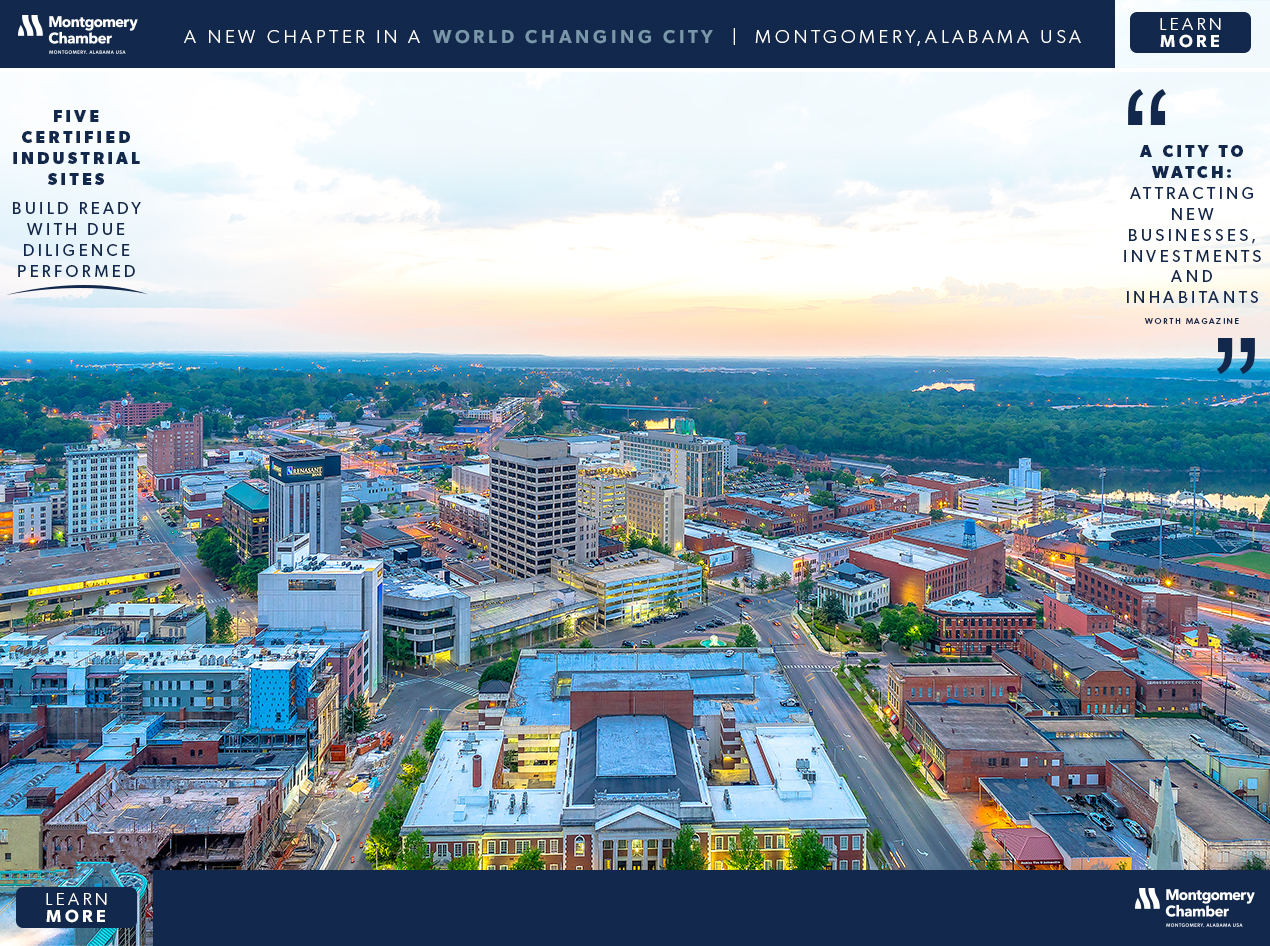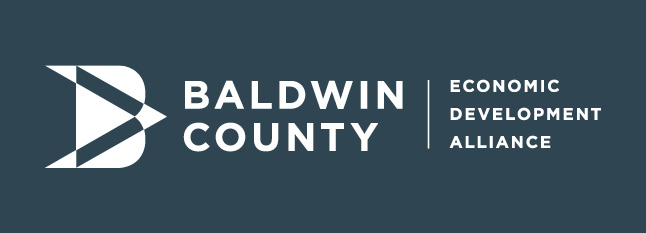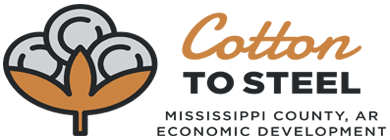For real-time news on business, politics and economic development in the South, go to www.RandleReport.com. For all economic development projects announced in the South, go to www.SB-D.com.
If President Trump imposes tariffs on cars and car parts from Asia and Europe, it won’t be pretty
By Michael Randle
President Trump and, I suppose, some in his administration, such as Vice President Mike Pence, have threatened to impose tariffs of up to 25 percent on millions of imported cars and auto parts. This would add thousands of dollars to vehicle costs in the U.S. The global economy is not in the best shape currently, with several industrialized nations in a recession now.
What is the effect of these tariffs? Less is sold and what is sold costs more. They would also lead to plant closures and relocations to Mexico. The automotive industry is in its worst shape since 2012 as we’ve seen GM announce it is closing several North American plants.
Few understand the width and the depth of the auto industry in the South and in the U.S. It is by far the largest industry in the South (go to SouthernAutoCorridor.com) and has been for more than 25 years. In those 25 years, the Southern Auto Corridor has captured more than 85 percent of all new assembly plants announced in the U.S.
The automotive sector has led all other sectors in project activity meeting or exceeding 200 jobs in 23 of those 25 years in the 15-state region. Yet, last year, it did not, showing its worst performance in project activity since 2011 in the South. Fact is, Japanese automakers employ over 1.5 million people in the U.S., and two German automakers — BMW in South Carolina and Mercedes-Benz in Alabama — have fundamentally changed those state economies. Automotive is, without question, the most important industry in the South.
If the prospective tariffs are implemented, the supply chain (which has been 25 years in the making) to automakers in the South and the thousands of part makers that supply them, would take years to recreate. Inexpensive parts from foreign sources are an integral part of the manufacturing process. In short, if the tariffs are implemented, the result would not be pretty for automakers in the South.
Several of the recessions over the decades in the U.S. were caused by the collapse of the automotive industry or the housing industry, and both of those industries have also been responsible for lifting an economy out of a recession. I am very sure that the automotive industry led this country out of the recession in 2010 to 2017. Now automotive is slowing, and it is facing a death march with these tariffs. If he tariffs on foreign parts and vehicles are implemented, the U.S. will be in a recession within a year.
Alabama exports down for 2018
While Alabama exports topped $21 billion for the second consecutive year in 2018, exports of Alabama-made vehicles were down 9 percent from 2017. The state did see higher exports in chemicals, paper products and aerospace parts. Alabama exports to China dropped 14.8 percent. Germany was down 14 percent and Mexico was down 12 percent.
New report shows Volkswagen supports thousands of jobs in Tennessee
A report by Ernst & Young showed that Volkswagen’s plant in Chattanooga supports 16,400 jobs in Tennessee. The report also showed that $73.8 million in state and local taxes were generated by the VW plant and its suppliers in the state in 2017.
Kia begins export of new Georgia-built SUV
Georgia Port officials and executives with Kia Motors Manufacturing Georgia (KMMG) celebrated in February the first exports of the new eight-person SUV called the Telluride. The Telluride is a new model being built at Kia’s plant in West Point, Ga. The SUVs were being shipped from the Port of Brunswick to ports around the Arabian Peninsula.
Volvo begins exports of model made in South Carolina
Sweden-based, Chinese-owned Volvo has begun exports of its S60 model sedan made near Charleston in Ridgeville, S.C. The automaker expects to build 50,000 S60s at its plant this year with plans to export about half through the Port of Charleston to 93 countries. The South Carolina-made vehicle will not be exported to China amid trade battles between the U.S. and China.
Expansion work nearly completed at Montgomery, Ala., Hyundai plant
Work is well underway for Hyundai’s engine head machining plant along with other improvements at Hyundai’s massive auto assembly plant in Montgomery, Ala. Hyundai is investing $388 million on the expansion. The engine plant will be able to support 700,000 engines per year for Sonata and Santa Fe models that are built in Montgomery and at the Kia plant in West Point, Ga. The new facility will be operational in May.
Nokian to begin hiring at Tennessee tire plant
Finnish tire maker Nokian, which is on target to complete construction of its $360 million plant later this year, said it plans to hire up to 50 production employees during the first quarter of 2019.
Auto supplier announces $11.4 million Middle Tennessee investment
Togo North America will invest $11.4 million to establish a production facility in Robertson County, where it plans to create 58 jobs over the next five years. The Japan-based company makes automotive parts ranging from hose clamps to various springs.
QM Group expanding in Orangeburg County, S.C.
Quality Model (or QM) is expanding its plastic injection molding operations in Orangeburg, where it makes products for the automotive industry among others. The move will create 37 new jobs and a $9.5 million investment.
PPG invests $10 million in Greenville, S.C.
PPG will invest $10 million in a new 82,000-square-foot facility and class A paint line at its coatings services facility in Greenville. The expansion is designed to accommodate increased demand for class A coatings application and value-added services for the automotive and large truck markets.
German firm building headquarters in Tuscaloosa, Ala.
A German firm is opening its new North American headquarters in Alabama. SWJ Technology, which provides engineering services to Mercedes-Benz and its suppliers, will invest $1.5 million to build a new 5,000-square-foot facility in the Alberta community of Tuscaloosa that was devastated by a tornado in April 2011. The firm was awarded $200,000 through a federal grant program designed to bolster areas that have yet to recover from the tornado. According to SWJ President Wolfgang Kneer, the grant was a major factor in selecting Tuscaloosa over Chattanooga and Greenville as the central hub of its U.S. and Mexican operations.
VP Racing Fuels opens operations center in Huntingdon, Tenn.
VP Racing Fuels, a race fuel manufacturer and distributor, will invest $4.6 million to locate a new operations complex in Huntingdon. The project is expected to create 40 jobs in Carroll County.
Arconic investing $110 million at its Tennessee facilities
Arconic is investing $100 million to expand its facility in Alcoa, Tenn., in a project that will bring 70 new jobs to the area. Arconic plans to get out of the aluminum can sheet business and ramp up industrial and automotive aluminum products.
Mercedes-Benz Vans hiring for third shift in South Carolina
Mercedes-Benz Vans has begun hiring for a third shift, with a goal of adding 200 to bring its headcount to 1,300 workers by 2020 to build the new Sprinter vans. The German automaker invested $500 million in 2015 to expand its existing reassembly site in Ladson to a full-scale manufacturing operation.
Muncie Power Products relocates in Tulsa, Okla.
Muncie Power Products is currently located in Tulsa, but its growing operation has led to the decision to build a new facility and expand the company in North Tulsa’s Peoria-Mohawk Business Park – a $50 million investment. Muncie makes power take-offs and fluid power components for the work truck industry.
German software company plans first U.S. office in Greenville, S.C.
Valantic, a Germany-based software developer for the automotive industry, plans to locate new operations in Greenville County.










